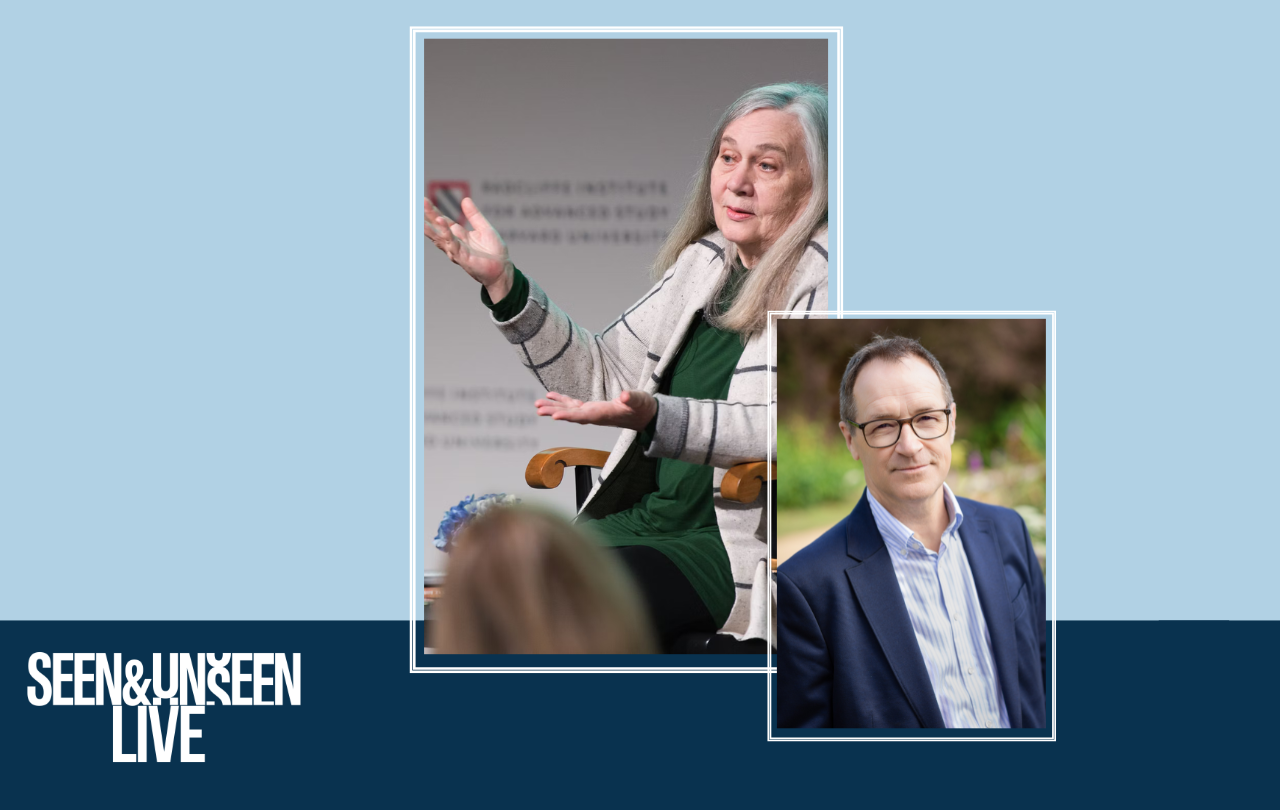There’s a food chain in the British intelligence services and the government offices they serve. The Foreign Office is advised by MI6, or the Secret Intelligence Service (SIS) or more usually simply “Six”, which, though it would deny it in favour of claims of collaboration, looks down on the national security service, MI5, which serves the Home Office.
An old acquaintance from Six used casually to call the parochial Home Office the LEO, short for Little England Office. There’s less of that now, to be sure, as they struggle to accommodate their political masters. Foreheads were rubbed wearily at MI6’s HQ by Vauxhall Bridge when Yvette Cooper, fresh from proscribing Palestine Action at the Home Office as a terrorist organisation alongside al-Qaeda and ISIS, was made up to foreign secretary at the last re-shuffle.
Meanwhile, over the river, MI5 faces the challenge of a new home secretary, Shabana Mahmood, who may believe that the prospect of limiting leave to remain to a maximum of 20 years and confiscating their jewellery might dissuade those with ill intent against the British state from embarking on a small boat.
Taken together, these challenges make it not a good time to be an intelligence officer, or even an intelligent one. It gets worse on the canvas of large superpowers. The problems with an erratic clown of American jurisdiction are well recorded. But China is something else.
They’d be chuckling merrily at MI6, if it wasn’t so serious, at the headlines this week, suggesting that China’s principal infiltration of the British state is through agents posing as headhunters on LinkedIn. The immeasurably greater threat from Chinese intelligence has come from the global march that China has stolen in the so-called Internet of Things (IoT), the network of Chinese-sourced sensors, software and chips embedded and monitored in technologies that connect and exchange data globally.
This isn’t tin-foil hat conspiracy territory; it’s real and has been called out for years. It’s significantly why the case against two alleged British spies for China was recently withdrawn. Britain has to keep China sweet for fear of what it knows of and could do with British data. That’s a massive US problem too.
To that end, trade and co-operation are the way to keep China onside, not confrontation. It’s an example that the Foreign Office might set for the Home Office. And, indeed, the two might work more closely together (just a suggestion).
The Home Office has long acknowledged that there are “Push and Pull” factors to our immigration crisis. It almost exclusively concentrates on the Pull, by trying to make the UK a less attractive destination for migrants through limits of right to remain and by nicking their jewellery. The Push factors are war, oppression and economic deprivation and these are very much more the territory of the Foreign Office.
A big problem arises when the Home Office tries to do the Foreign Office’s job, as when Mahmood threatens Trump-style visa bans for the likes of the Democratic Republic of Congo, Angola and Namibia. Good luck with that – it betrays a neo-colonial instinct and there, perhaps, is the rub.
We pay a post-colonial price in both illegal and legal immigration. A predominantly Christian Europe and New World endeavoured to make disciples of every nation and now many of them are coming home. Christian culture as a former weapon of oppression is perhaps overstated, but there’s some truth in it. An even more stark truth is that we have to address the Push elements of migration if we are to find common ground on which we can make progress.
Our colonial oversight left Afghanistan a modern and post-modern historical mess. Syria is almost untouchable in its post-Assad dynastic horrors. The Indian subcontinent is still a wreckage that we abandoned only some 80 years ago.
Trying to deal with the Taliban in Afghanistan or the former al-Qaeda breakaway al-Sharaa interim regime in Syria may not be so much a triumph of hope over experience as of naivety over history. But our current position with China may point a way forward. Tariff-free trade and economic co-development is a surer way to address migration crises than making arrivals unwelcome.
It’s admittedly more complicated than China. A US/UK post-colonial future will need to align neo-Christian western cultures with an enlightened Islam that concentrates on the Quranic instructions of co-existence, respect, fairness and the explicit injunction that there can be “no compulsion in religion”. But if it was easy everyone would be doing it.
That’s the call of the 21st century and it is, quite clearly, a global rather than nationalistic one. The US will need to recover its position in the world. And, in the UK, foreheads will need to be raised from being banged on desks to solve foreign crises before they wash up on our shores.






